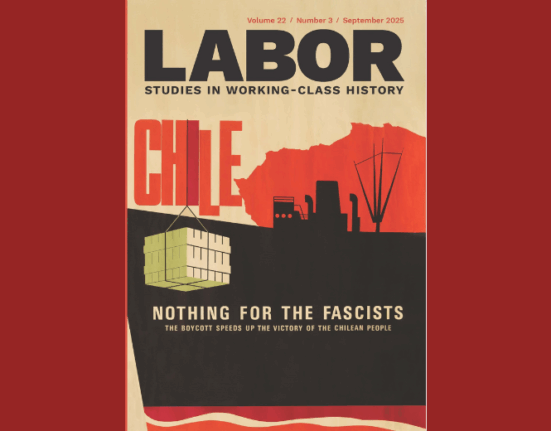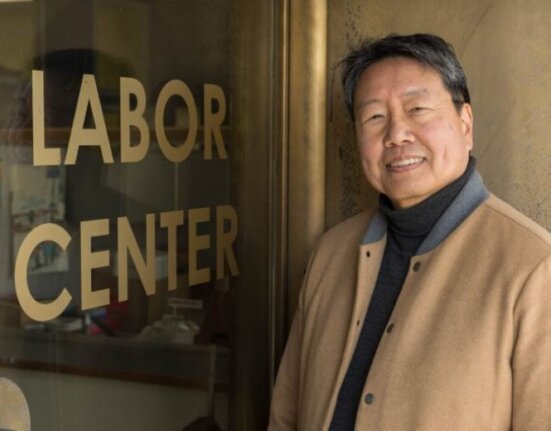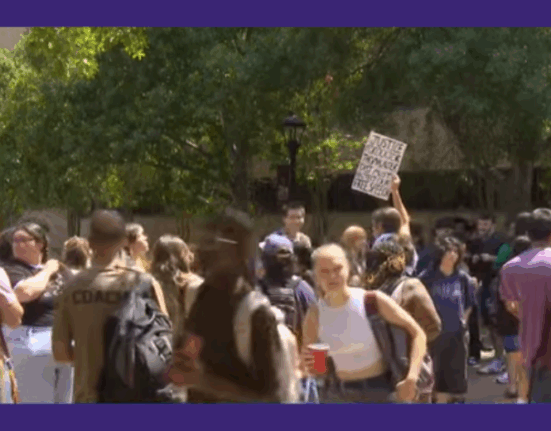Driving across western Pennsylvania recently, I was struck by the number of yard signs decrying President Obama’s “War on Coal.” The Appalachian coal country has swung hard to the right in recent years; whereas not long ago West Virginia was a reliably Democratic state, last week Mitt Romney carried it with 62% of the vote.
Although hardly the only reason for West Virginia’s Republican shift, the decline of the coal industry has played a central role in the region’s heated rhetoric against the Democratic Party. The coal industry blames the Obama Administration for new Environmental Protection Agency regulations on greenhouse gas emissions from power plants, many of which burn coal. It accuses environmentalists, the EPA, and the Democratic Party of seeking to destroy the Appalachian coal economy, the staple industry of the region for more than a century.
Unfortunately, unionized coal workers often repeat these accusations. The United Mine Workers of America refused to endorse either presidential candidate this year. UMWA President Cecil Roberts said on a West Virginia radio show of the EPA Administrator, “The Navy SEALs shot Osama Bin Laden in Pakistan and Lisa Jackson shot us in Washington.”
The new EPA regulations do make coal-burning power plants difficult to build. But environmental regulations are only part of the reason for coal’s decline. Many power plants are refitting their boilers to burn inexpensive natural gas. Intensive exploitation of coal for over a century means that many productive seams have little left to mine, even using exploitative methods like mountaintop removal. Coal companies have shifted their investments out of Appalachia and into Wyoming’s Powder River Basin, where they can mine huge coal deposits with largely nonunion labor. Mechanization has led to rapidly declining employment numbers over the last thirty years, even as production has increased.
As someone who grew up in the middle of the spotted owl crisis of the Pacific Northwest during the 1980s, I understand why the UMWA has sided with the bosses—its members are scared to death of losing their jobs. But climate change is also a labor issue. Natural disasters inordinately affect the poor. Studies have connected climate change and poverty to project higher rates of heat stroke, asthma, and other health problems among working-class people.
Many in labor support a vigorous fight against climate change. Perhaps they can serve as a bridge to environmental organizations. What must happen is more meaningful dialogue between the UMWA and environmentalists. The UMWA’s primary mission is to protect its members’ jobs. Without coal, what happens to thousands of families in Kentucky, West Virginia, Tennessee, Virginia, and Pennsylvania? There’s no easy answer. But attacking the EPA is not going to bring union jobs back to Appalachia. Demonizing environmentalists only serves to alienate alliances with other progressives the UMWA and other unions need to fight for a better future.






